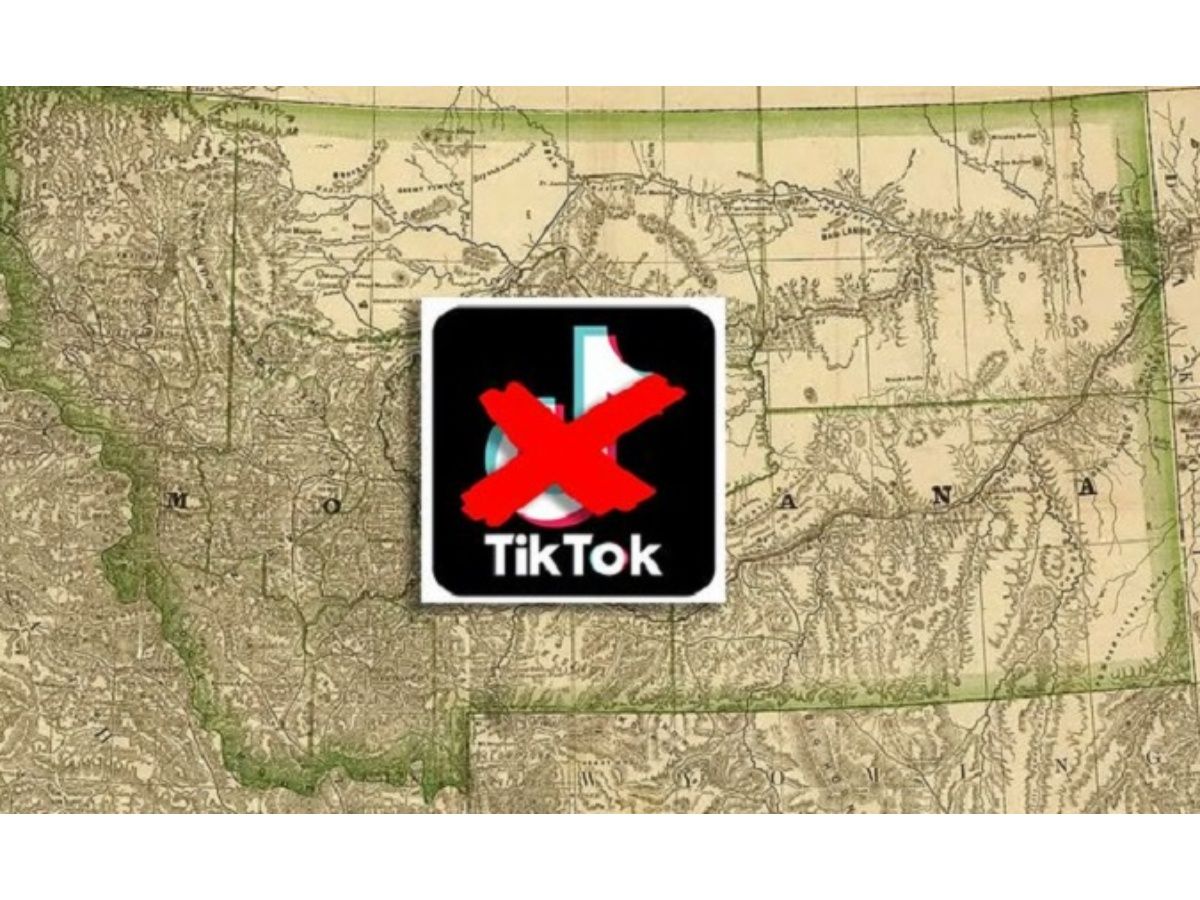
Last week, the Republican-led House of the U.S. state of Montana approved a bill banning TikTok in the state, triggering nationwide opposition arguing that it infringes on citizens’ rights to free expression and access to information.
RELATED:
According to the bill, entities such as Apple and Google’s app stores and TikTok itself would be prohibited from allowing residents in Montana to download TikTok. Entities that violate the ban will face penalties of up to US$10,000 per day, read the bill, without specifying how the state would enforce or monitor the ban.
The prohibition will take effect from January 2024 if enacted. However, a representative from the tech group TechNet said it would be impossible to enforce the law as Apple and Google app stores are unable to geofence apps on a state-by-state basis.
A previous version of the bill had required Internet Service Providers (ISPs) to block connections to TikTok in Montana, a task that ISP representatives said was not feasible. TikTok condemned the bill on both logistical and First Amendment grounds.
“The bill’s champions have admitted that they have no feasible plan for operationalizing this attempt to censor American voices and that the bill’s constitutionality will be decided by the courts,” TikTok spokesperson Brooke Oberwetter tweeted.
“We will continue to fight for TikTok users and creators in Montana whose livelihoods and First Amendment rights are threatened by this egregious government overreach,” she added.
I really want to know what the US Congress thinks of this guy’s opinion.��
Maybe they will ban Discord after banning Tiktok?
(1/2) pic.twitter.com/EgiIoOfPNu— ShanghaiPanda (@thinking_panda)
April 16, 2023
In an open letter sent to the Montana House of Representatives, the American Civil Liberties Union (ACLU), and half a dozen free speech and civil liberties organizations pointed out that passing the legislation would flout the First Amendment and trample on Montanans’ constitutional right to freedom of speech.
The ACLU called the move a violation of free speech rights that “would set an alarming precedent for excessive government control over how Montanans use the Internet.”
“The government cannot impose a total ban on a communications platform like TikTok unless it is necessary to prevent extremely serious, immediate harm to national security. But there’s no public evidence of harm that would meet the high bar set by the U.S. and Montana Constitutions,” said the ACLU.
Riana Pfefferkorn, a research scholar at the Stanford Internet Observatory, said the jurisprudence of the First Amendment was clear on this case. “It’s clearly unconstitutional,” she told the U.S. monthly Wired, as Montana Attorney General Austin Knudsen “admitted the purpose was to keep people from both saying and hearing legal speech.”
Moreover, civil rights advocates noted that Montana’s bid against TikTok was just the latest example showing that the U.S. authority tried to cite so-called “national security” as an excuse to violate people’s legal rights.
“Government has long appealed to ‘national security interests’ to justify intrusions on protected First Amendment activity,” said Ari Cohn, free speech counsel at TechFreedom, a non-profit, non-partisan technology think tank based in Washington, D.C..
Facebook succumbs to TikTok. pic.twitter.com/tY8iLVnoPL
— teleSUR English (@telesurenglish)
February 10, 2022



